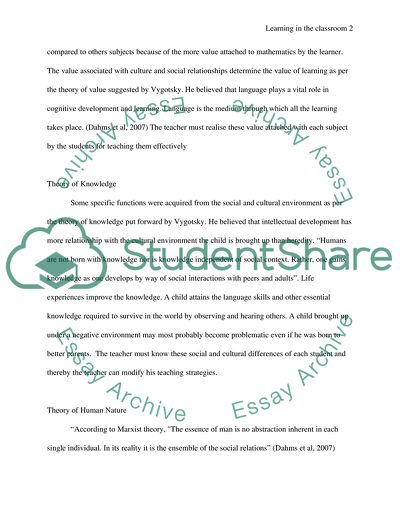Cite this document
(Factors Affecting Learning in the lassroom Research Paper, n.d.)
Factors Affecting Learning in the lassroom Research Paper. Retrieved from https://studentshare.org/education/1724500-factors-affecting-learning-in-the-classroom
Factors Affecting Learning in the lassroom Research Paper. Retrieved from https://studentshare.org/education/1724500-factors-affecting-learning-in-the-classroom
(Factors Affecting Learning in the Lassroom Research Paper)
Factors Affecting Learning in the Lassroom Research Paper. https://studentshare.org/education/1724500-factors-affecting-learning-in-the-classroom.
Factors Affecting Learning in the Lassroom Research Paper. https://studentshare.org/education/1724500-factors-affecting-learning-in-the-classroom.
“Factors Affecting Learning in the Lassroom Research Paper”, n.d. https://studentshare.org/education/1724500-factors-affecting-learning-in-the-classroom.


